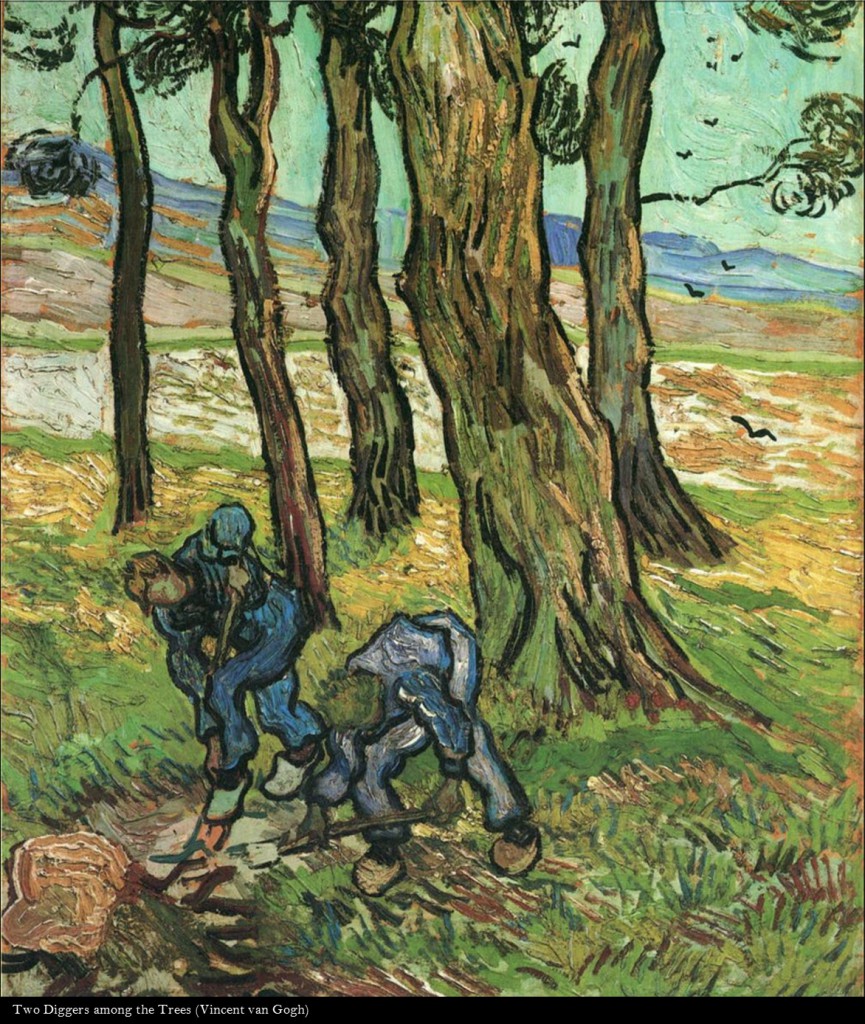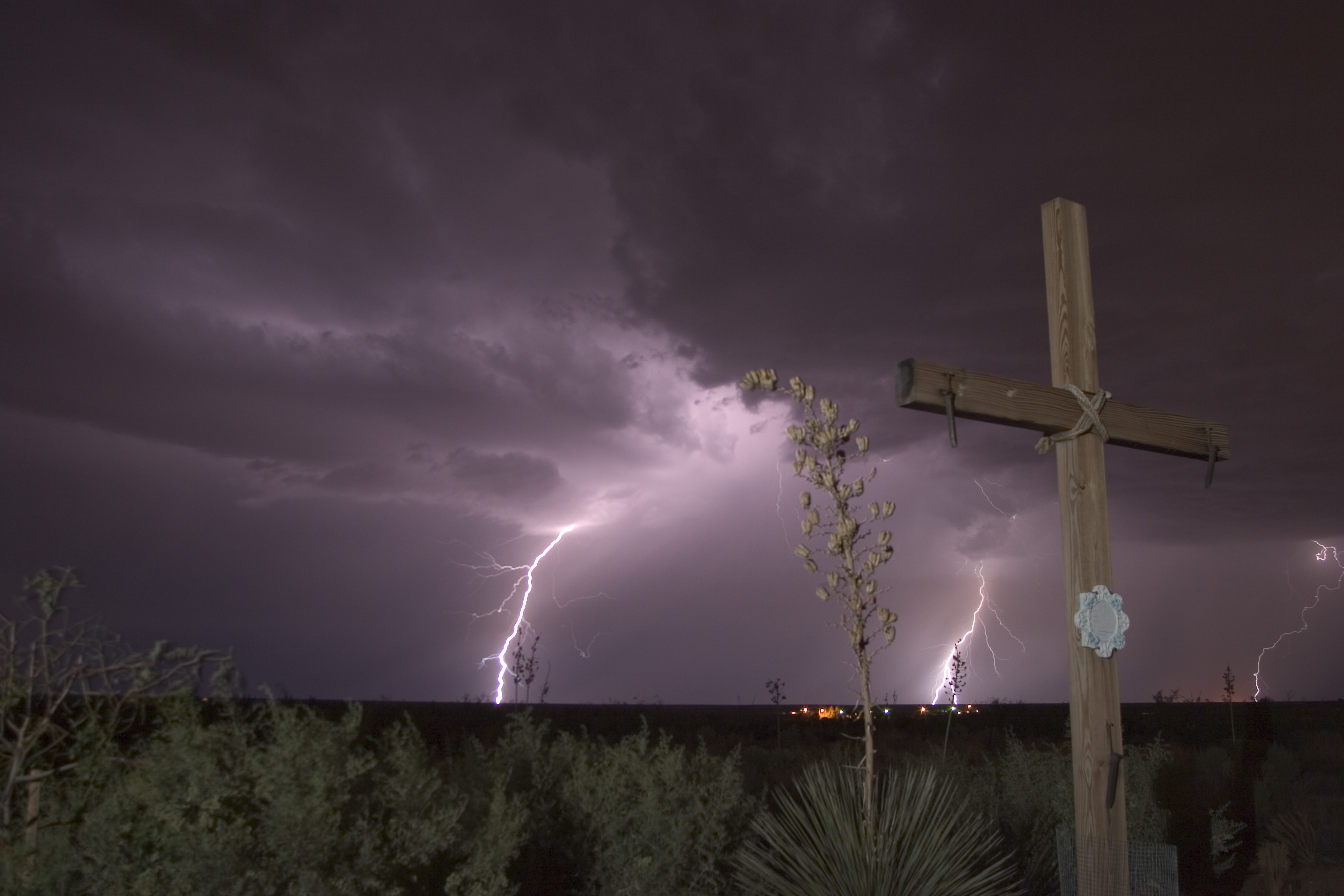Kingdomtide 2013
Gospel Reading:
Jesus addressed this parable to those who were convinced of their own righteousness and despised everyone else. “Two people went up to the temple area to pray; one was a Pharisee and the other was a tax collector. The Pharisee took up his position and spoke this prayer to himself, ‘O God, I thank you that I am not like the rest of humanity — greedy, dishonest, adulterous — or even like this tax collector. I fast twice a week, and I pay tithes on my whole income.’ But the tax collector stood off at a distance and would not even raise his eyes to heaven but beat his breast and prayed, ‘O God, be merciful to me a sinner.‘ I tell you, the latter went home justified, not the former; for whoever exalts himself will be humbled, and the one who humbles himself will be exalted.“
–Luke 18:9-14
Reflection:
On the spiritual journey, we can often find ourselves stalled out not because of the usual suspects of “worldliness,” but because of our ego’s insistence on separating the sacred and the secular. The parables of Jesus are meant to undermine our sense of spiritual superiority which it usually masks in a false humility. The original listeners to this parable would have been shocked that a secular, Roman collaborator could go home “justified” while the one who was devoted to the sacred did not. The story retains its power of subjugating our religious pride even in the contemporary world. Modern readers may be tempted to identify with the tax collector and then take on the exact same arrogance of the Pharisee, praying something like, “God, I thank you that I’m not like the Pharisee…” The tax collector doesn’t really even recount his individual failures: he knows his need is ontological and deeply rooted in the human condition, and so all he can do is exclaim: “Lord, have mercy on me, a sinner.” Following Christ is not an attempt to become highly moral people, rather, it is an embracing our own humanity and looking to God for a transforming mercy. Much of church life revolves around manufacturing an image of righteousness (“having it together”) rather than fostering transparency and authenticity. Dietrich Bonhoeffer wrote that as long as this is the case, no real relationship with one another is possible: “The final breakthrough to fellowship in a church often does not occur because, though they have fellowship with one another as believers and as devout people, they do not have fellowship as the undevout, as sinners. The pious fellowship permits no one to be a sinner. So everyone must conceal his sin from himself and from their fellowship….Christians are unthinkably horrified when a real sinner is suddenly discovered among the righteous. So we remain alone with our sin, living lies and hypocrisy. The fact is that we are sinners!”
It seems there is a dialogue in the New Testament surrounding spiritual formation in becoming Christlike. One voice urges the follower to emulate Christ’s footsteps and virtues through willful discipline, while the other voice advocates that it’s the reality of the indwelling Spirit that forms Christ within us. In other words, we don’t become someone else: we become the child of God we’ve always been, “before the creation of the world,” as the letter to the Ephesians says. It reminds me of the Hasidic tale in which Rabbi Zusya, when he was an old man, said, “In the coming world, they will not ask me: ‘Why were you not Moses?’ They will ask me: ‘Why were you not Zusya?'” In this sense, we become Christlike by being our authentic selves.
The call to repentance is the call to an authentic life. We begin this journey by facing the difficult reality that the temptations that Jesus resisted and overcame (success, piety, and self-reliance) are the very things that we have pursued in his name. We fall into our authentic lives by either ‘throwing ourselves on the rock in brokenness or resisting until the rock falls on us and grinds us to powder. May we be those who are emptied into transparency and vulnerability.”
Prayer:
The Jesus Prayer:
“Lord Jesus Christ
Son of God
Have mercy
on Me,
a sinner.”
The “Jesus Prayer,” as it’s called in the Eastern Orthodox tradition is seen as a transforming prayer that can unlock the prayer of one’s true heart. Through the centuries, many practitioners of this prayer hold to the idea that in praying to God, there can be no image produced in the mind. Therefore, the name of Jesus, as it’s spoken in silence, becomes the “place” of presence for the Holy Trinity to dwell within. It’s recommended that one go to a quiet place and begin by noticing the normal rise and fall of one’s breathing. On the inhale, pray the first line, and on the exhale, pray the next, etc. As we pray, “Lord have mercy,” we are engulfed in mercy. It descends into our depths, and then the divine light of Jesus explodes outwardly through our lives.





Deanna and I finally watched the Jack Black movie “Bernie”. It reminds me a little of the this reflection. Bernie was nearly perfect in the town of Carthage, TX. Nearly the whole town loved him, but he had a hidden flaw that was eating him up. He had killed a woman, though he was immediately horrified that he had did it. Amazingly, he kept the secret to himself for nearly 9 months without anyone finding out. He kept going on in the town and the church as if nothing was wrong. Yet you saw him inwardly haunted by what he had done and the secret seemed to be eating him up inside. He couldn’t “good-deed” the guilt away, though he seemed to try. When he was eventually caught, it seemed he was finally able to be free, and just be himself – failure and all.
Good insight, Greg. What a terrible and wonderful thing to be “caught” by God.